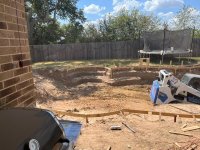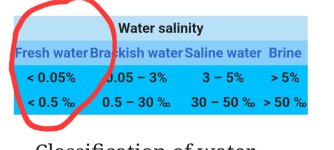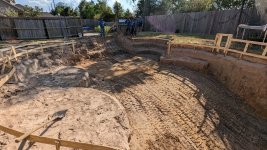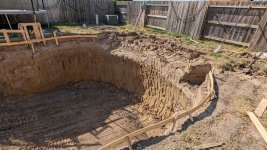- Jul 31, 2023
- 60
- Pool Size
- 34136
- Surface
- Plaster
- Chlorine
- Salt Water Generator
- SWG Type
- Pentair Intellichlor IC-60
HERE WE GO!!!!!! Dig Day!!!!! I will be posting Pics, specs, and Information here along the way.
I'm currently struggling BIG TIME with the salt/chlorine decision. I have only a few days to put that change order in, so we will see how it turns out.
- My wife really wants the saltwater pool. She says it feels better on her skin/bones (she has RA)
- The pool builder has tried to talk me out of it a few times.
- Everyone on here is nearly demanding I get a SWG
- Part of my build is a 10-ton rock formation to jump off, and I am hearing from multiple sources that the Saltwater will eat away at this rock, and deteriorate it. I would need to get it sealed every year
Any and all feedback is appreciated.
I'm currently struggling BIG TIME with the salt/chlorine decision. I have only a few days to put that change order in, so we will see how it turns out.
- My wife really wants the saltwater pool. She says it feels better on her skin/bones (she has RA)
- The pool builder has tried to talk me out of it a few times.
- Everyone on here is nearly demanding I get a SWG
- Part of my build is a 10-ton rock formation to jump off, and I am hearing from multiple sources that the Saltwater will eat away at this rock, and deteriorate it. I would need to get it sealed every year
Any and all feedback is appreciated.












 Why would Pentair make a SWG that destroyed its pump, filter and heater on the same pad ? But the PBs will say it will. So will many articles with no science or even common sense behind them.
Why would Pentair make a SWG that destroyed its pump, filter and heater on the same pad ? But the PBs will say it will. So will many articles with no science or even common sense behind them.

